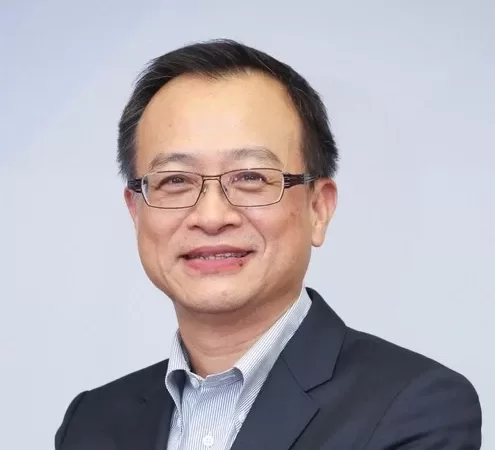BEIJING, March 3, 2023 — As China’s important annual political gatherings, the National People’s Congress (NPC) and Chinese People’s Political Consultative Conference (CPPCC), known as the "Two Sessions," will…
CGTN:Building a China-Cambodia community with a shared future at the start of spring
BEIJING, Feb. 10, 2023 — More than one million vehicles had travelled on Cambodia’s first-ever expressway connecting the capital Phnom Penh and the deep-sea port province of Preah Sihanouk…
CCTV+: Today’s China brims with vigor, vitality, resilience: Xi
BEIJING, Jan. 1, 2023 — Chinese President Xi Jinping Saturday said today’s China is a country full of vigor, vitality and resilience with dreams coming true thanks to persistent efforts…
Dialogue eyes key role of youth in RCEP region’s growth
BEIJING, Dec. 24, 2022 — The following article was published today by China Daily. Investing in and empowering young people is vital for members of the Regional Comprehensive Economic…
Meeting of Global Alliance of Leaders in Paris
NUR-SULTAN, Kazakhstan, Dec. 2, 2022 — On November 29, 2022, meeting of Global Alliance of Leaders for Nuclear Security and Nuclear-Weapon-Free World (GAL),…
CGTN: China, Mongolia inject impetus into ties through three engines
BEIJING, Nov. 29, 2022 — Mongolian President Ukhnaagiin Khurelsuh is paying a state visit to China just two days after the Zuunbayan-Khangi railway, the third railway to connect Mongolia with…
Global Times: SCO expands membership and intl appeal as President Xi outlines priorities of solidarity, shared benefits
BEIJING, Sept. 19, 2022 — Chinese President Xi Jinping and other leaders of the Shanghai Cooperation Organization (SCO) member states on Friday made fruitful achievements by signing the Samarkand…
Decoding Taiwan’s Information Security Industry’s Dilemma
TAIPEI, July 29, 2021 — Brain Shen, Chairman of Information Service Industry Association (CISA), has recently published an article titled "Decoding Taiwan’s Information Security Industry’s Dilemma", sharing the views of the Information Security development in Taiwan. The full text is as follows: Brain Shen, Chairman of Information Service Industry Association (CISA) In November of 2017, Taiwan held the…
The Global Self-Care Federation Highlights the Need to Take Action on Self-Care to Create Better Health Outcomes for All
GENÈVE, Switzerland, July 23, 2021 — On the occasion of International Self-Care Day 2021 and WHO Self-Care month, The Global Self-Care Federation (GSCF) underscores the importance of acting on self-care by engaging in positive and consistent self-care practices. Self-care produces overwhelming long-term benefits for your personal health, while alleviating resources for…
Global Trade Defies Expectations in 2021 and Drives Recovery, Finds Latest DMCC Report on the ‘Future of Trade’
The US-China relationship will be central to the shaping of global trade Uptake of technologies will continue to transform global trade and trade financing A new age of protectionism identified as a key risk Sustainability remains top of the political and corporate agenda,…











